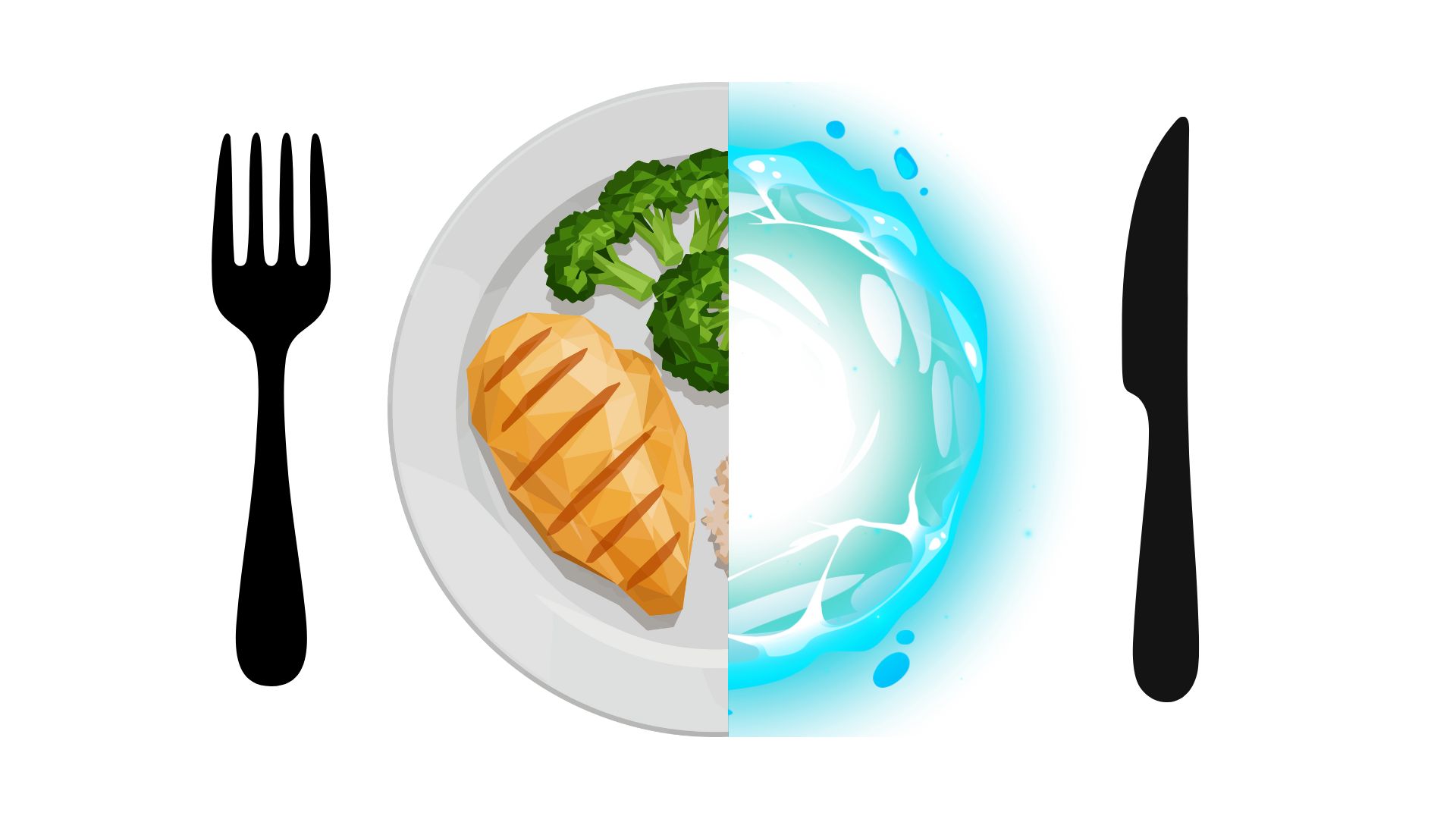Commentary
Tinkerhaus focuses on creative use, reuse

Editor’s note: This is one in a continuing series of guest opinions about fostering environmental stewardship. The series is coordinated by ACES, the Alliance of Climate & Environmental Stewards.
As the founder of Tinkerhaus Community Makerspace, I want to convey what makerspaces are doing to foster environmental sustainability through creative use and reuse.
A makerspace is a place where people can gather to work on projects while sharing ideas, equipment, and knowledge that would otherwise be inaccessible or unaffordable. At Tinkerhaus, we aim to make it possible for people in the Newburyport area to repair things, pursue creative ideas, and complete home improvement projects even if they have no tools, no home workspace and no prior experience.
The maker movement is a global cultural trend that values each individual’s ability to be a creator of things as well as a consumer of things. Makers come from all backgrounds with diverse skill sets.
What they have in common are creativity, a willingness to share access to tools, and a desire to inspire “nonmakers” to cultivate their potential as makers. Peer education and opportunities for collaboration are important maker values.
Tinkerhaus is growing a community in which people with knowledge lead others in classes and workshops, young people have an opportunity to flex their maker knowledge, and older people can pursue projects with the necessary space, tools and if needed – guidance.
In the U.S, the maker movement has been adopted by many schools and libraries to encourage interest in STEM (science, technology, engineering and math) and to improve manufacturing skills. It has generated its own magazines, conventions and video channels.
The movement poses challenges to our economic models because as ordinary people become more self-sufficient, learning carpentry, sewing, electronics, etc., they will be able to make and repair more of their own items instead of purchasing mass-produced new ones.
Stand-alone makerspaces can be for-profit, nonprofit or owned by municipalities; some are just for adults and some just for children. Tinkerhaus is a nonprofit makerspace for makers of all ages and abilities.
Our mission has three important principles:
We believe that all people are endowed with a unique ability to make things and that ability should be fostered with opportunities and training.
We believe the future of our community and our country is dependent on our citizens’ reliance on their ingenuity, innovation and industry.
We are committed to beginning on a path to combining our brains and our hands in service to a more sustainable future.
We have an intentional green agenda, reusing and repurposing donated tools and remainder materials. Ninety percent of our tools and equipment are donated secondhand. We receive donated fabric, yarn and other raw materials from business surplus.
Maintaining tools and equipment is a vital waste-reduction effort. Classes that promote repair, reuse and repurposing are a large part of our mission. Our location near the Clipper City Rail Trail and three schools is intended to be walkable.
Our 2,500-square-foot space at 3 Graf Road is divided into:
Woodshop with SawStop table saw, drill press, miter saw, jointer planer.
Textile studio with eight sewing machines, two large looms, measuring and cutting tools.
Mini fabrication studio with laser and inkjet printers, silhouette Cutter, two 3-D printers.
Art classroom for eight to 10 students.
Resource library of approximately 500 volumes.
Flexible meeting space with seating and a conference table.
Tinkerhaus promotes collaboration on a larger scale by partnering with organizations such as Timetrade Network, North Shore Permaculture, Repair Cafe, Newburyport Youth Services, WalkNewburyport, Scout troops, parent groups and hobby clubs.
Our membership model has three levels and a slate of classes and events.
We run on volunteer power and encourage people to trade hours for memberships. We also offer the opportunity for skilled people to teach in our space for a percentage of the class fee. Our goal is to offer higher-level training as we grow our member revenue and pursue grant funding. Rent and utilities are costly.
To learn more, see our website at www.tinkerhaus.org or visit in person at 3 Graf Road, Suite 11. We can’t wait to see what you’ll make!
Mary McDonald can be reached at mary@tinkerhaus.org.
This column was coordinated by ACES Intern and NHS Senior, Eleni Protopapas, who can be reached at eleniprotopapas@gmail.com to share any comments or questions. To learn more about ACES and our Youth Leadership Initiative, please view our WEBSITE – https://www.aces-alliance.org
.svg)



.jpg)
.jpg)
